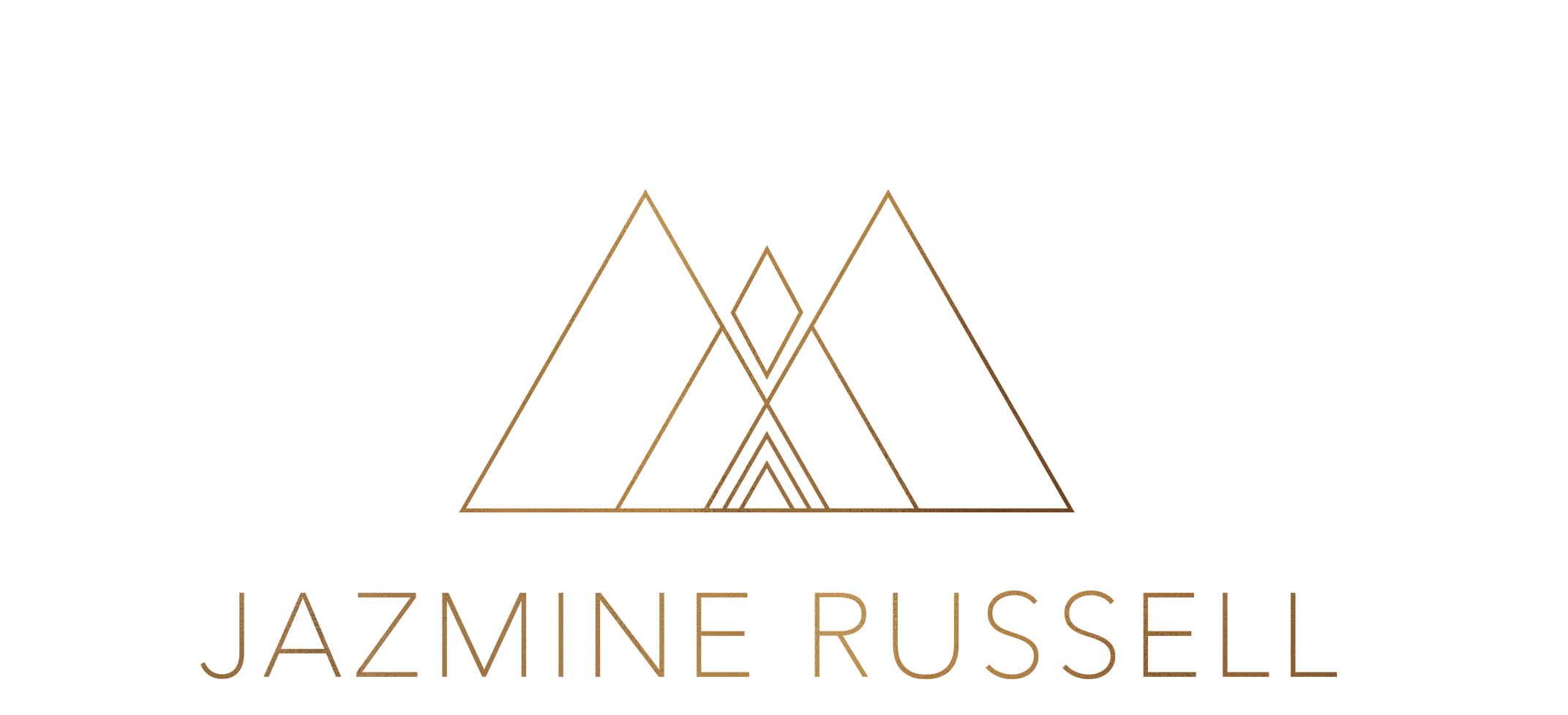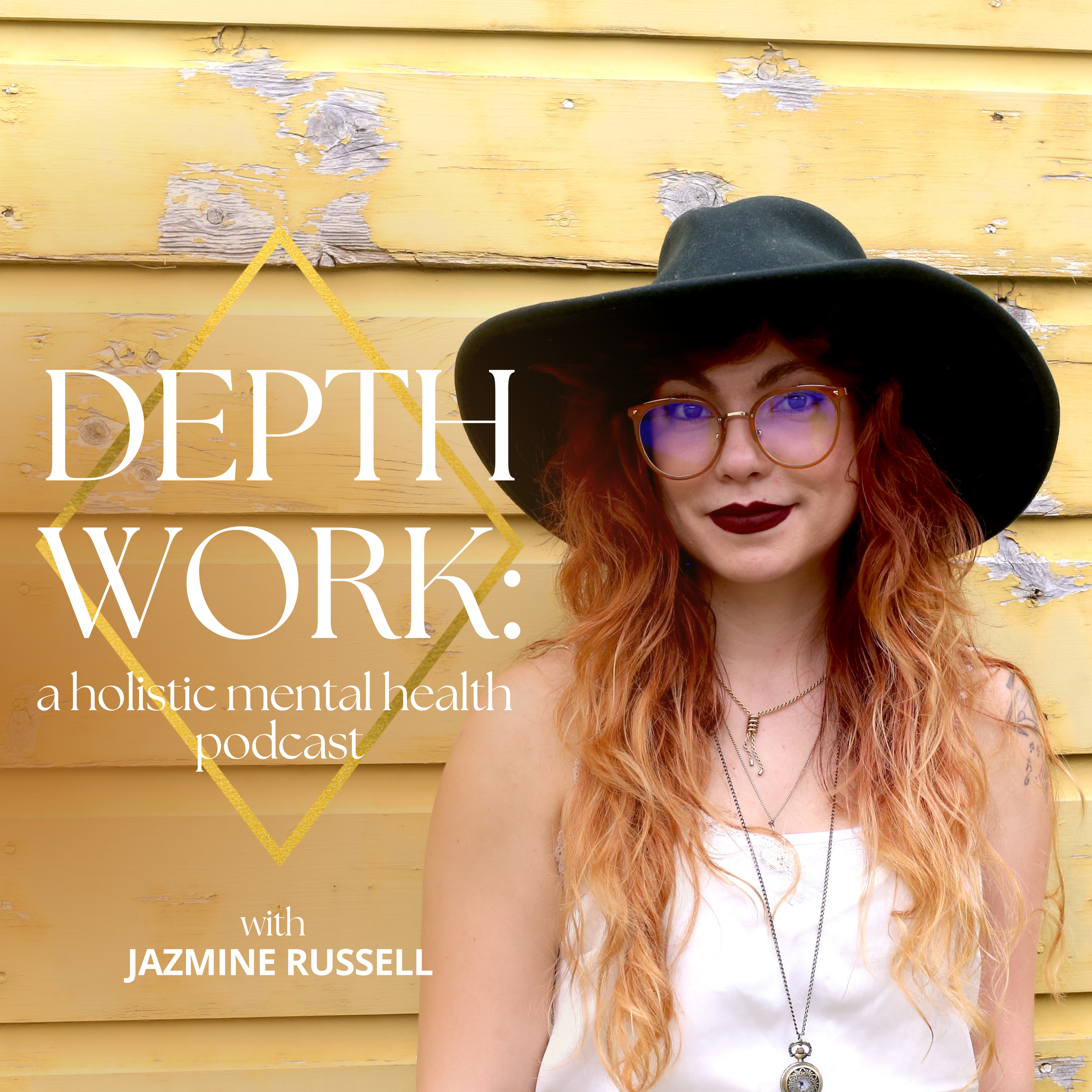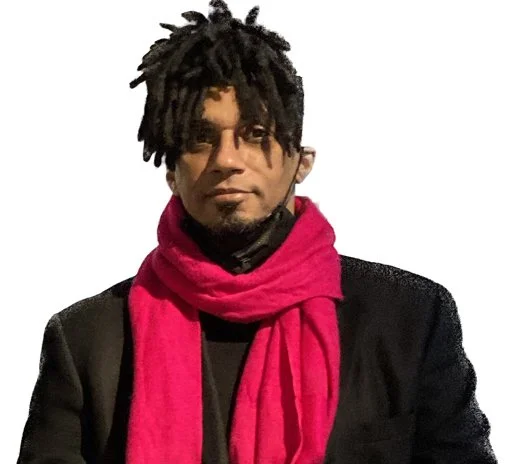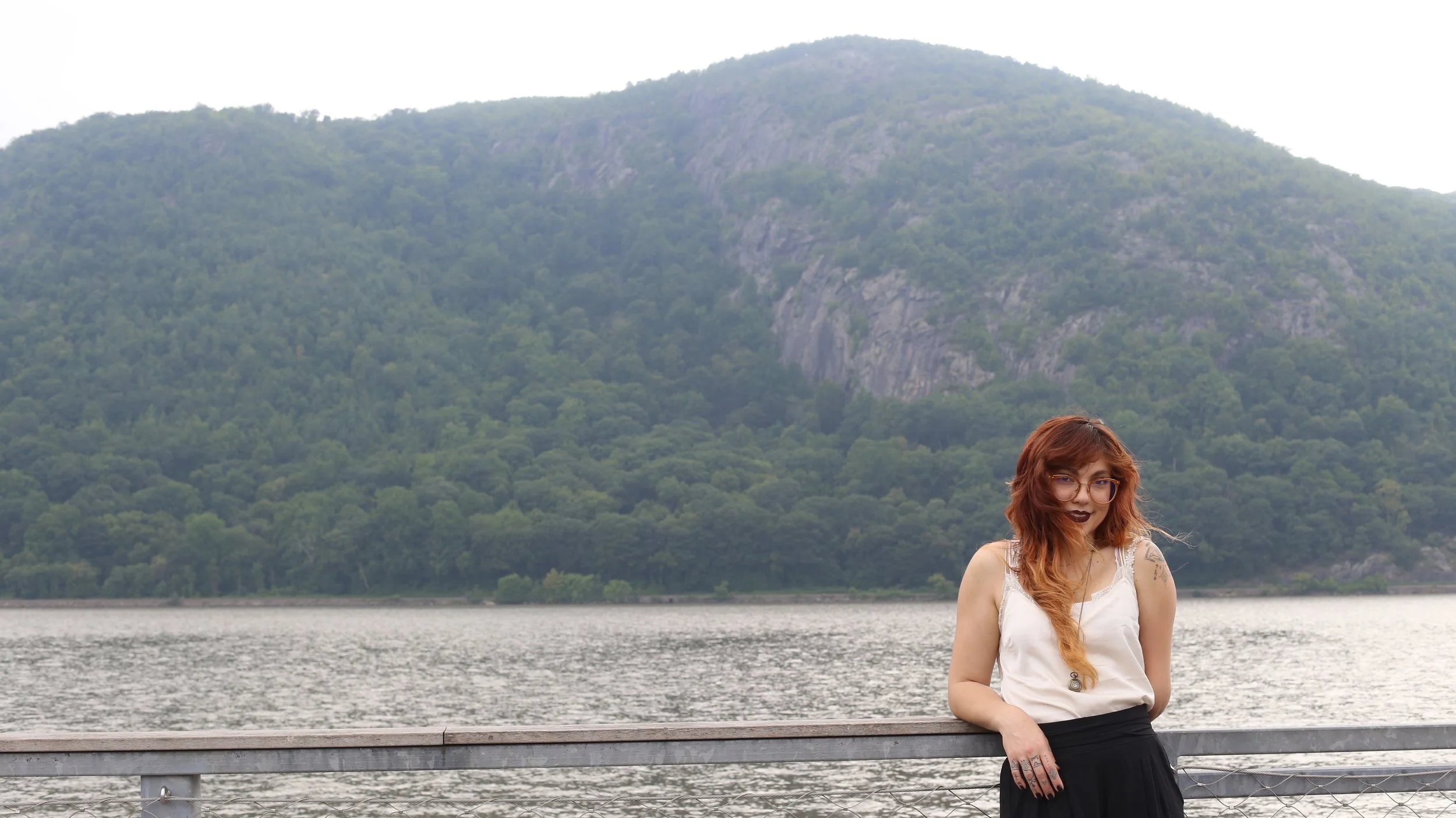How Psychology & Psychiatry Fall Short: Science vs. Ideology with Trauma Specialist & Clinical Psychologist Noël Hunter
Despite the wealth of research on trauma and what truly helps when people are suffering, the fields of psychiatry and psychology stubbornly cling to pathologizing, dogmatic and harmful ways of approaching mental health which are counterintuitive to healing. The voices of those with lived experience and dissenting clinicians are silenced under a system that aims to uphold the status quo. Clinical psychologist and advocate, Noel Hunter, knows this better than most. Today we talk about why this field is too stubborn to change, what clinicians can do to really make a difference, and why empathy is most needed now more than ever.
“I think in this day and age the field of psychology/psychiatry is our modern day religion come together around these sets of ideas that tells us how we’re supposed to live, what’s right and wrong as far as how we should be and exist in the world. It helps us make sense of everything. If somebody’s hurt, well then that’s because their brain is broken or whatever it might me. We don’t have to really ever deal with the ambiguity and messiness of it all.”
Also in this episode:
the impact of helpful and detrimental therapy sessions
why defensiveness in the field exists and what we can do about it
values and ethics as a dissenting clinician
developing the capacity to be with our own and others’ big emotions
visions for the future of mental health
“In the trauma field there’s so much great research, and so much understanding of how the body works and how trauma really has an impact on people, all the ways it can shift our psyche. It’s such great research and then they double down on ‘but people who are psychotic are still crazy’. They go to these great lengths to make these delineations between dissociation and PTSD, vs. schizophrenia and bipolar. And in large part the lines are drawn down gender, socioeconomic, and race lines”
About Noël Hunter:
Dr. Hunter is a clinical psychologist and an advocate for the rights of people diagnosed with mental disorders. She believes in a trauma-informed, humanistic, approach to understanding problems in living. Her interests include challenging negative attitudes towards individuals experiencing emotional distress, psychosocial perspectives on psychosis, and increasing awareness of the effects of oppression and trauma. Although specializing in trauma, dissociation and psychosis, Dr. Hunter views all problems in living as existing within the context of one’s life and on a continuum of suffering. She has trained in community mental health, state hospital, residential, juvenile justice, and college counseling settings. She has additional training in DBT, Internal Family Systems, trauma sensitive yoga, and other trauma-informed practices. Certifications include: Sensory Motor Arousal Regulation Treatment (SMART), Trauma Art Narrative Therapy, and American Red Cross Training in Disaster Mental Health Services. Prior to studying to become a clinical psychologist, Dr. Hunter was a fledgling actor immersed in improv comedy and made a living for a decade as a personal trainer. These experiences highly influence both her perspective on humanity and mental health, as well as her approach to clinical work. She realized long before entering her studies the importance of relationships and the profound healing effects of humor, comradery, and physical activity. In addition, she realized in working with “the worried well” the continuum on which emotional suffering resides and the extensive suffering that exists due to our current cultural society.
DEPTH Work - A Holistic Mental Health Podcast
This is a space for those who love to dive into the underbelly, to revel in the mystery, question assumptions about what is normal, play in both/and, and honour the wide range of human emotions.
As a complex trauma survivor, holistic counsellor and co-founder of a mental health institute, I learned that there is immense wisdom in our pain and what we call crazy is just what we are yet not willing to understand and explore. Let’s dive in!
Resources:
Noël’s Psychotherapy Practice: https://mindclearpsychotherapy.com/
Mad in America Blogs by Noël: https://www.madinamerica.com/author/nhunter/
Trauma, Growth & Resilience: Redefining Trauma-Informed Practice-Self-Paced course by Noël https://www.idha-nyc.org/trauma-growth-resilience/
Trauma & Madness in Mental Health Services by Noël Hunter https://www.noelrhunter.com/publications/book/
Research:
Paris Williams’ book Rethinking Madness : http://rethinkingmadness.com/















